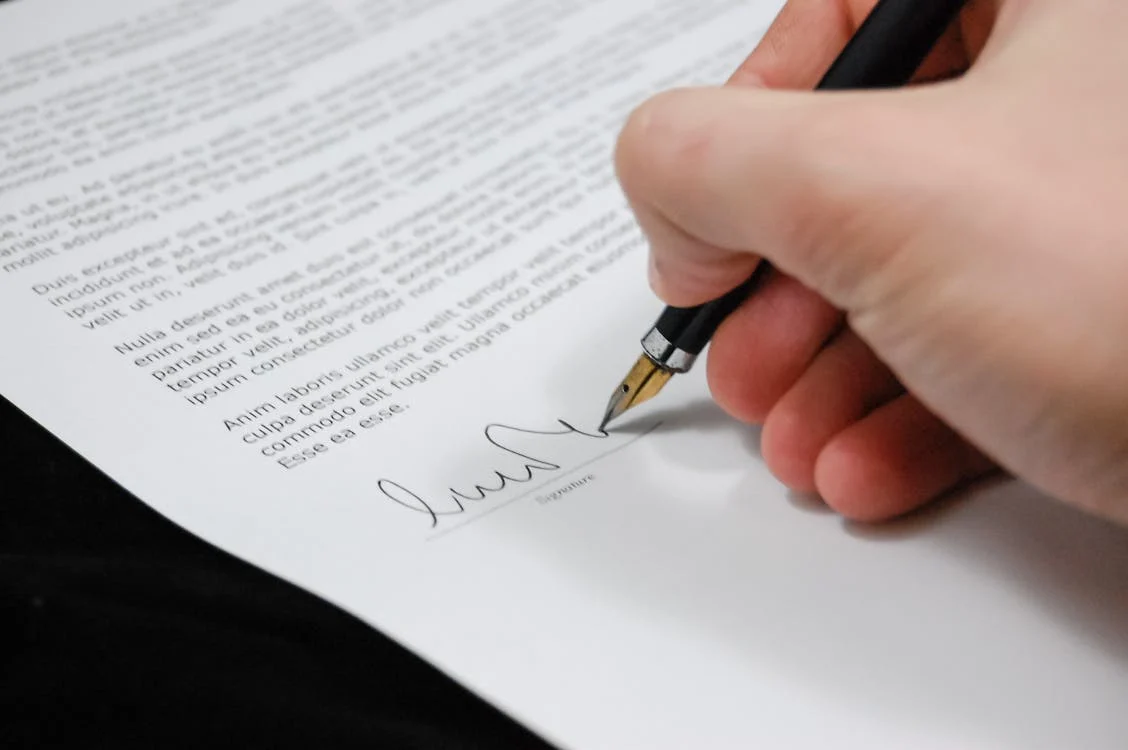Probate
What is Probate?
Probate is the court process by which a deceased person’s assets are collected, their bills and expenses paid, and all property remaining at the end of the process is re-titled into the name of the person(s) entitled to receive the property after the death.
If you do not have a Will when you die, your estate will have to be probated.
If you have a Will when you die and your property does not pass by some OTHER way (such as through a joint tenancy, revocable trust or contract based designation such as an IRA, 401k, life insurance, or similar vehicle) your loved ones will have to commence a probate proceeding.
The person appointed to manage the estate is either the Executor (named in a Will) or another person (called an Administrator, who is usually picked from a pool of applicants consisting of your closest family members).
Being an Executor (or Administrator) is a weighty job and best suited for someone good with paperwork and deadlines. However, the most important part of being an Executor or Administrator is to recognize you are a “fiduciary” with heightened responsibilities for watching over someone else’s money.
A thorough accounting must be kept and presented to the court showing where each and every penny is spent. Most Executors and Administrators work with an attorney to ensure they do not inadvertently violate any fiduciary duties or miss any deadlines.
Without any hitches, a normal probate can be closed within approximately one year, or less, after it is opened. Probate is a public proceeding where a judge looks over the Executor’s shoulder at all times, which can be a good thing, but some people prefer the privacy of using a Revocable Trust (and a “pour-over Will”) to dispose of many of their assets at death.
The only way to know what is the best way for you to dispose of your assets at death is to talk with an experienced estate planning attorney, such as myself, to make sure you make the best choice for you and your family. Call for an initial consultation today!
Contact Us

